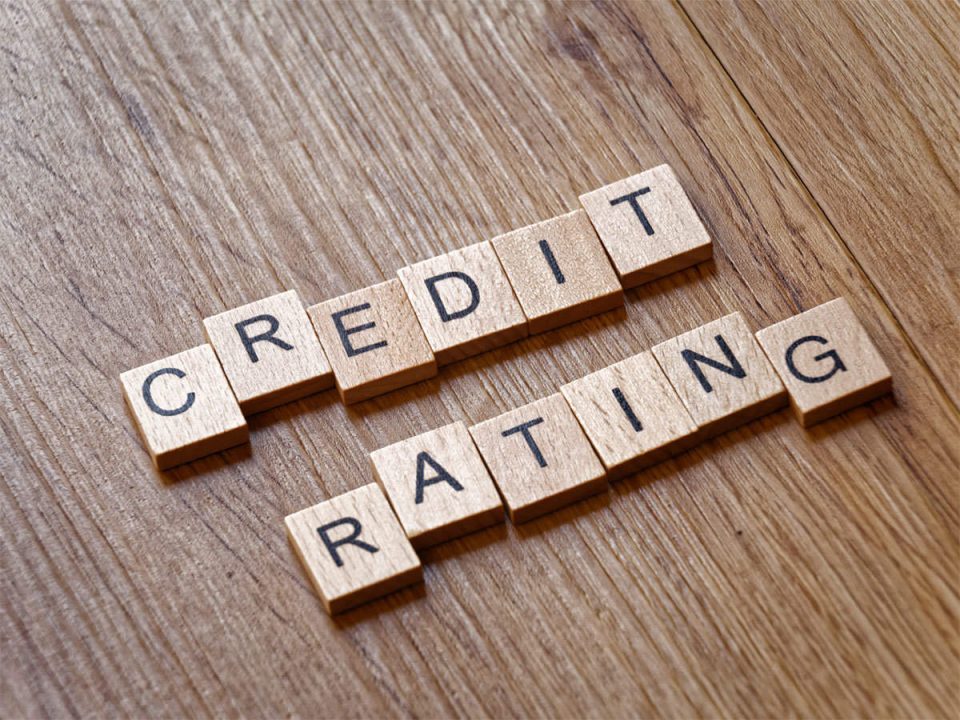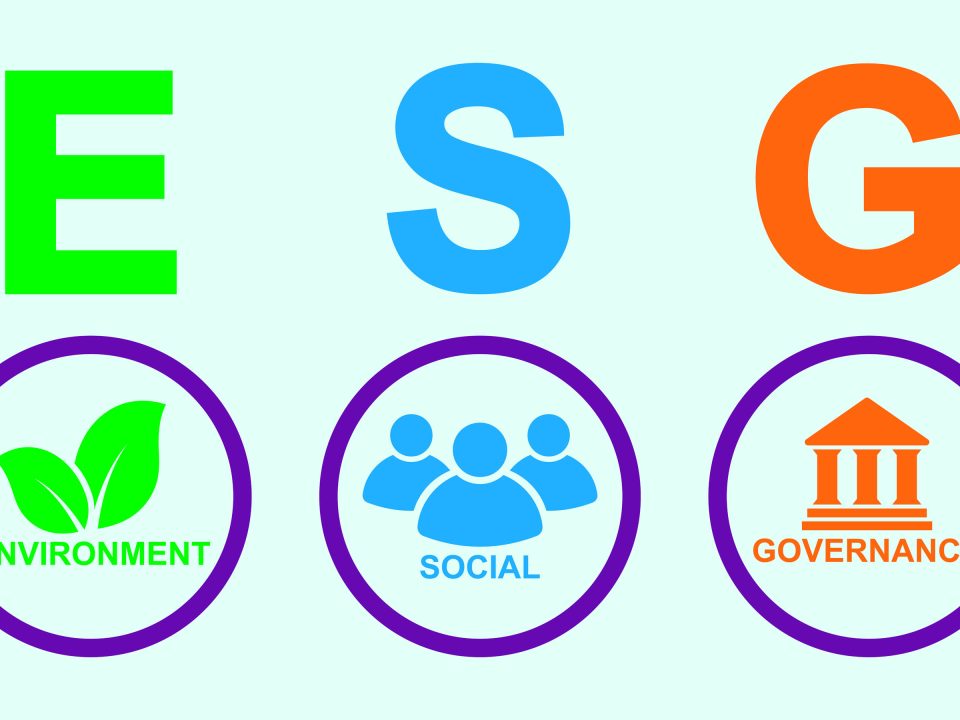Climate Financing & Energy Transitions in Ghana- March 2022
July 18, 2022
Renewable Energy Sources in Africa
July 20, 2022There’s one issue that will define the contours of this century more dramatically than any other, and that is the urgent threat of a changing climate– Barack Obama
The transition to a more sustainable, low-carbon future is accelerating. This energy transition is driven by the progressive replacement of carbon-based fuels with renewables, clean air regulation, and the direct and indirect electrification of more applications. Global leaders, as well as climate change advocates, who are poised to hand over a better and sustainable climate to the next generation, have made the issue of renewable energy indispensable.
Renewable energy is energy derived from natural sources that are replenished at a higher rate than they are consumed (un.org). The major sources include hydropower, solar, wind, biomass, and geothermal.
In this competitive and pandemic-derailed financial ecosystem, the availability of funds for major projects (in all sectors of the economy) has become even more merciless. Boosting climate funding has become crucial as developed countries lag to provide sufficient funding as the continent is already battling for major fundamental developmental projects in health, education, sanitation, and so on. This has made it eminent to find innovative ways to raise funding to reduce the effects of climate change on the continent.
Below are some innovative ways to raise funding for renewable energy in Ghana;
Specialized Government Bonds: Government bonds or Sovereign bonds are issued by a government to raise capital or funds from domestic or international investors. These bonds can be either short or long term with the sole aim of green projects. For instance, in October 2021, the European Union raised USD 14 million in bonds which supported projects in research for the energy transition in Belgium and wind power in Lithuania. As climate change advocacy increases, these bonds seem best as they are low-risk investments, low-interest rates, and allow climate-conscious government bond investors to support sustainable projects or a particular social cause.
Pension Funds: These funds are pools of savings accumulated during the working life of individuals. Pension fund managers are key long-term investors and significant participants in the financial system as it is very prudent to ensure funds are channeled into projects that are environmentally friendly. Pension fund managers play a significant role in addressing the risks and advantages of climate funding by investing in low carbon emissions and renewable projects which most governments cannot fund. In Ghana, the biggest pension fund manager and non-bank financial institution is Social Security and National Insurance Trust (SSNIT). The Trust must channel a proportion of its investment into climate adaptation projects and renewable energy plants which has a long-term benefit for the pension contributors and the next generation of the populace.
Crowdfunding: This is contributing small sums of money by a large number of people to support or fund a project typically through the internet; mostly the capital of the entrepreneurs is too small to fund the entire project so the need to pool resources from a large pool (crowd). This old age practice can help communities, like-minded individuals, firms and investors fund sustainable projects developed by environmental entrepreneurs. These projects focus on climate change mitigation, societal perceptions, and poverty reduction which are mostly for societal good. The best-known example is Kiva.org.
Venture capital: It is a form of private equity with a long-term growth perspective. Most of these entrepreneurs need start-up funding, which is often a huge amount to be raised. Venture capitalists provide management support, experienced leadership advice, and network opportunities to their beneficiaries. Organizations like the Venture Capital Trust Fund are mandated to provide financial resources for the development and promotion of SMEs in Ghana. These Trust funds can invest in sustainable developments like renewable energy projects.
In conclusion, as reiterated by Barack Obama “No challenge poses a greater threat to future generations than climate.” As such governments, firms and opinion leaders must ensure that the best practices for renewable energy investment in Ghana, and sub-Saharan Africa are adopted to help boost the economy and more importantly make it environmentally eco-friendly. Some of such practices would include a regulated and transparent power arrangement, specific clean energy incentives, general business-friendly measures, innovative financing mechanisms, and early risk assumptions.




